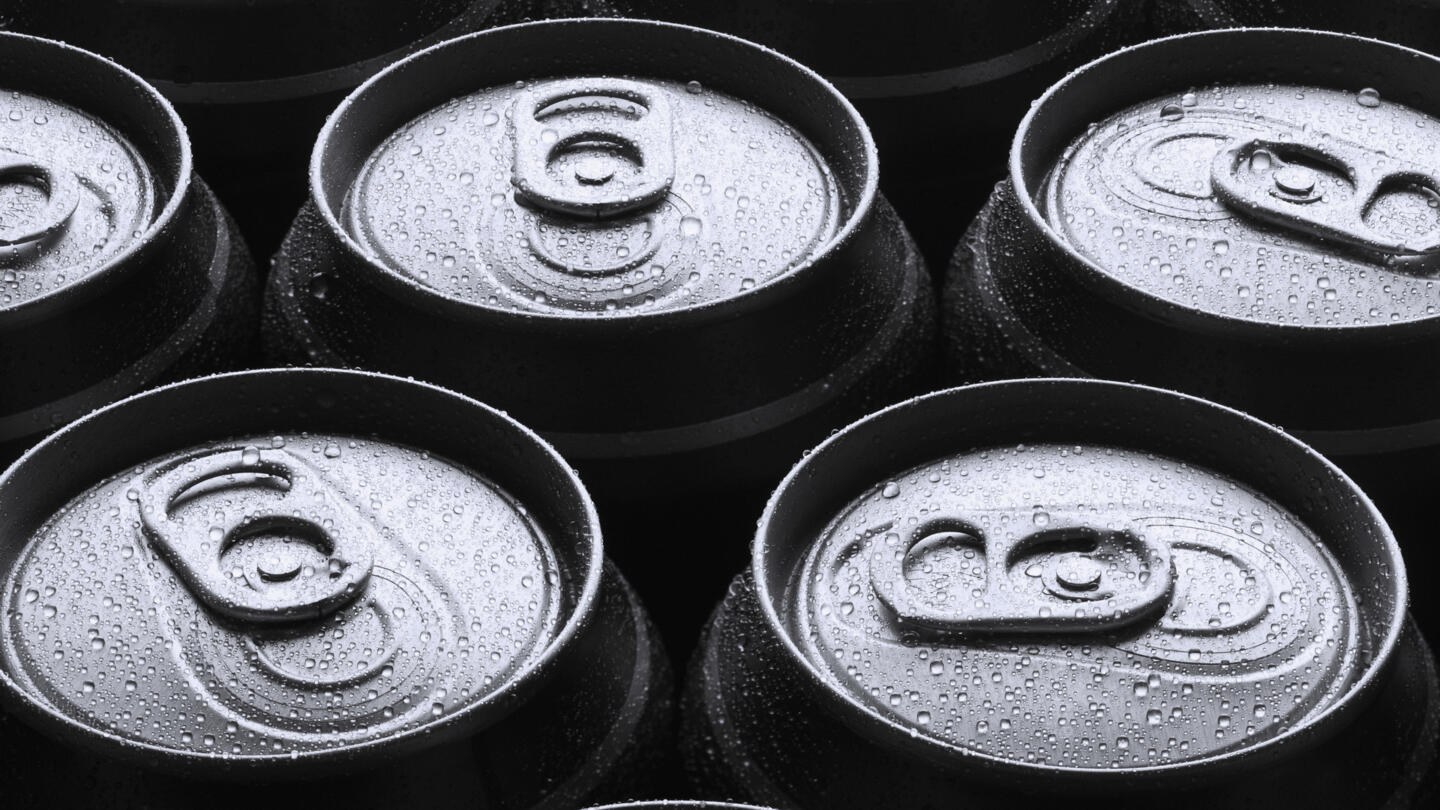
Canned beer makes its debut on January 24, 1935. In partnership with the American Can Company, the Gottfried Krueger Brewing Company delivered 2,000 cans of Krueger’s Finest Beer and Krueger’s Cream Ale to faithful Krueger drinkers in Richmond, Virginia. Ninety-one percent of the drinkers approved of the canned beer, driving Krueger to give the green light to further production.
By the late 19th century, cans were instrumental in the mass distribution of foodstuffs, but it wasn’t until 1909 that the American Can Company made its first attempt to can beer. This was unsuccessful, and the American Can Company would have to wait for the end of Prohibition in the United States before it tried again. Finally in 1933, after two years of research, American Can developed a can that was pressurized and had a special coating to prevent the fizzy beer from chemically reacting with the tin.
The concept of canned beer proved to be a hard sell, but Krueger’s overcame its initial reservations and became the first brewer to sell canned beer in the United States. The response was overwhelming. Within three months, over 80 percent of distributors were handling Krueger’s canned beer, and Krueger’s was eating into the market share of the “big three” national brewers–Anheuser-Busch, Pabst and Schlitz. Competitors soon followed suit, and by the end of 1935, over 200 million cans had been produced and sold.
The purchase of cans, unlike bottles, did not require the consumer to pay a deposit. Cans were also easier to stack, more durable and took less time to chill. As a result, their popularity continued to grow throughout the 1930s, and then exploded during World War II, when U.S. brewers shipped millions of cans of beer to soldiers overseas. After the war, national brewing companies began to take advantage of the mass distribution that cans made possible, and were able to consolidate their power over the once-dominant local breweries, which could not control costs and operations as efficiently as their national counterparts.
Today, canned beer accounts for approximately half of the $20 billion U.S. beer industry. Not all of this comes from the big national brewers: Recently, there has been renewed interest in canning from microbrewers and high-end beer-sellers, who are realizing that cans guarantee purity and taste by preventing light damage and oxidation.
It is my sincere desire to provide readers of this site with the best unbiased information available, and a forum where it can be discussed openly, as our Founders intended. But it is not easy nor inexpensive to do so, especially when those who wish to prevent us from making the truth known, attack us without mercy on all fronts on a daily basis. So each time you visit the site, I would ask that you consider the value that you receive and have received from The Burning Platform and the community of which you are a vital part. I can't do it all alone, and I need your help and support to keep it alive. Please consider contributing an amount commensurate to the value that you receive from this site and community, or even by becoming a sustaining supporter through periodic contributions. [Burning Platform LLC - PO Box 1520 Kulpsville, PA 19443] or Paypal
-----------------------------------------------------
To donate via Stripe, click here.
-----------------------------------------------------
Use promo code ILMF2, and save up to 66% on all MyPillow purchases. (The Burning Platform benefits when you use this promo code.)





